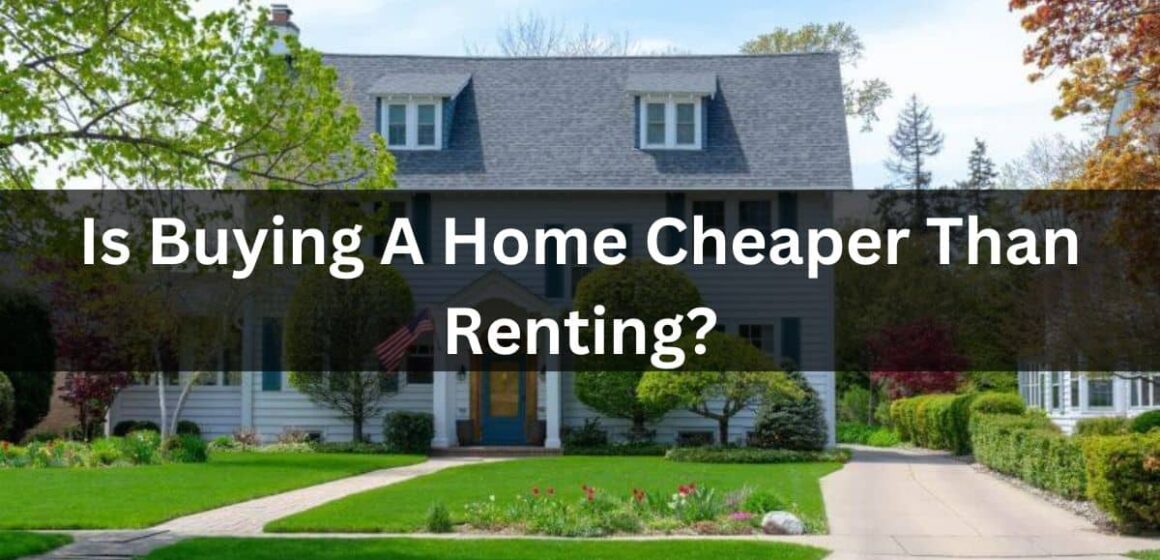There has been a lot of controversy about ‘generation rent,’ which is a group made up of those who are under the age of 40 but are in a position that, some years ago, would have made them suitable to buy a home.
As you may have guessed, due to such a slogan, this is no longer the case, with many people stating that it is now tougher to buy a home than it was during the great depression of the 1930s.
So, this leads to the end question that many millennials ask themselves; is it cheaper to buy or rent a home? Read on for a bit of an in-depth comparison.
Rent Increases
A lot of people will point out that buying is cheaper than renting a home, solely due to rent increases.
If you have a yearly tenancy, for example, your landlord may opt to increase the rent when a new tenancy agreement is drawn up.
This can be as much as 30% of the original rent in some areas of the US. This can cause a financial issue, especially if you are on a tight budget.
So, when you look to enter into a tenancy agreement, aim to ask about rent controls and rent limits, as they may differ based on where the property is located.
Property Taxes
Now, onto ownership.
If you own your home, you will have to pay property taxes.
In the UK, for instance, if you buy a home that is over a certain value, you will need to pay Stamp Duty.
In the US, you may have to pay tax on the land, and the state where you are looking to buy your home may have a specific set of property taxes that it imposes.
So, this is worth considering in both the short and the long term of home ownership.
Landlord vs. Owner
Imagine that during a storm, a tree falls through the roof of your house. Not great whether you rent or own the home.
However, consider the financial outfall of such an event. If you are renting the home, your landlord must pay for the repairs.
Yet, if you own the home, it’s your job. Plus, if you don’t have insurance, you are in for a pretty rough time of it unless you are exceedingly wealthy.
Insurance
This leads nicely to insurance costs. Yes, many tenants invest in contents insurance in case their items become damaged while they are renting.
However, if you are an owner, you will have to pay out for health insurance, home insurance, contents insurance, and a lot of other types of insurance to cover every eventuality. And, if you are on a tight budget, it may be too far to stretch it.
Mortgage Interest
Much like rent increases, the mortgage that you take out may also be subject to increases based on market rates.
So, many people who are opting to take out mortgages aim to get fixed-fee mortgages, but even these are not completely immune to inflation.
Therefore, do as much research as you can into mortgage types before settling on one, and consider the long-term costs.

